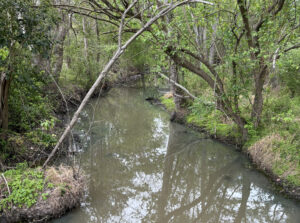News
Pamlico-Tar Riverkeeper speaks up at EPA public hearing
Posted on January 12th, 2023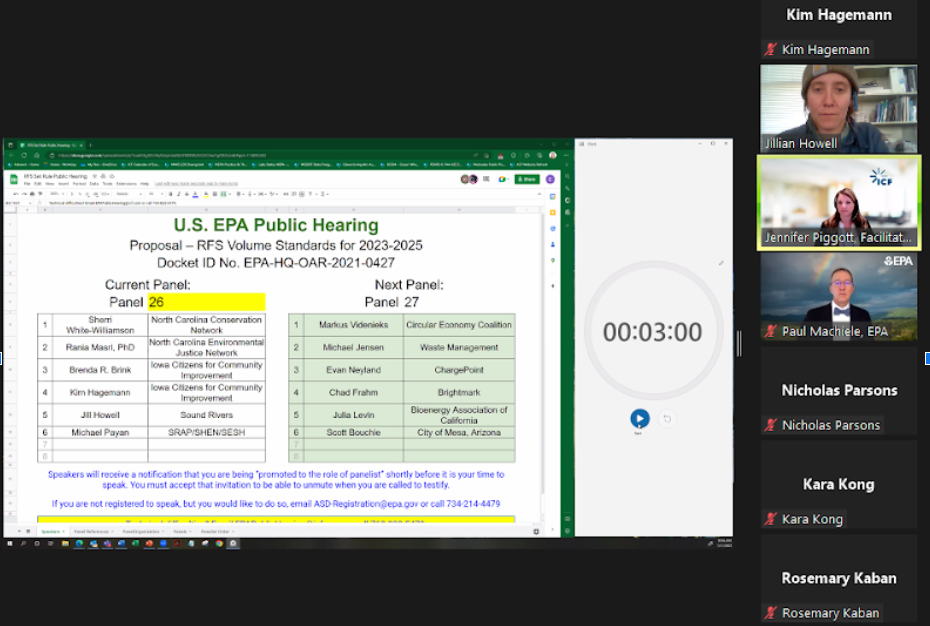
 This week, the Environmental Protection Agency held virtual public hearings regarding the “Renewable Fuel Standard (RFS) Program: Standards for 2023-2025 and Other Changes,” proposing the 2023-2025 renewable fuel standards for cellulosic biofuel, biomass-based diesel, advanced biofuel, and total renewable fuel.
This week, the Environmental Protection Agency held virtual public hearings regarding the “Renewable Fuel Standard (RFS) Program: Standards for 2023-2025 and Other Changes,” proposing the 2023-2025 renewable fuel standards for cellulosic biofuel, biomass-based diesel, advanced biofuel, and total renewable fuel.
Pamlico-Tar Riverkeeper Jill Howell weighed in among the more than 600 speakers from across the U.S., because of a uniquely eastern North Carolina issue: industrial swine facilities and the push to harness biogas from their waste. Jill urged the EPA to reconsider including CAFO-generated biogas in the new standards, as incentivizing a polluting industry is at odds with the current administration’s stated commitment to equity and environmental justice.
Jill’s comments:
My name is Jillian Howell, I am the Pamlico-Tar Riverkeeper with Sound Rivers, a 42-year-old, nonprofit organization that works to monitor, protect and restore the Tar-Pamlico and Neuse river basins in eastern North Carolina. I will be focusing my comments today on biogas, and urge EPA to reconsider the inclusion of biogas generated from swine CAFOs in the RFS.
In North Carolina, we have a waste problem. Here, there are nearly as many hogs as people, with the vast majority of those hogs raised in CAFOs. The approximately 2,400 swine CAFOs, each with thousands or tens of thousands of animals, are all located in the eastern part of the state. The waste from these animals is stored in lagoons, or unlined open pits, and sprayed onto adjacent fields. These CAFOs pollute the air, and the water of the communities they are located in, which are disproportionately communities of color, and low wealth communities. The future of biogas production here relies on the existence of CAFOs and their lagoons, ensuring continued pollution harms to already overburdened people and environments. Sound Rivers has seen, and continues to see firsthand what this pollution looks like.
This past May, there was a major spill at a swine CAFO and biogas operation in Fremont, North Carolina. This facility’s covered lagoon ruptured, resulting in millions of gallons of waste uncontrollably oozing out of the lagoon for weeks, spreading across the property, and into Nahunta Swamp, a jurisdictional waterway. My colleague and I found out about the spill months later by chance during a flyover of the area. There was a deflated digester cover, earthwork being done in the vicinity of the lagoon’s berms, and an area where trees and vegetation had all died off. We waded through hundreds of pages of state records, where we learned the extent of the spill, the history violations here, and the facility’s expansion from 5,550 hogs to 65,500. North Carolina has a moratorium on new or expanded hog operations unless waste is managed in a way to meet a number of environmental performance standards, which this facility was deemed to meet. There was no public announcement from our state agency about the spill, despite the risk to public health from air and water pollution. Nahunta Swamp flows into Contentnea Creek, a popular fishing and recreation tributary of the Neuse River, and there are residences and a school in the vicinity of this facility. Surface water samples we collected last month showed the facility is still polluting surface waters.
This administration has repeatedly voiced their commitment to equity and environmental justice; to incentivize an industry that will only further disproportionately burden certain people and places is far from justice.
Thank you for the opportunity to speak here today.
Related News
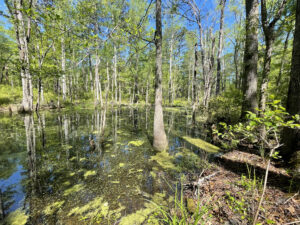
Tell NC to restore wetlands protections!
April 19th 2024
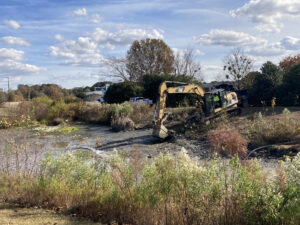
Position available: Stormwater Education Coordinator
April 18th 2024
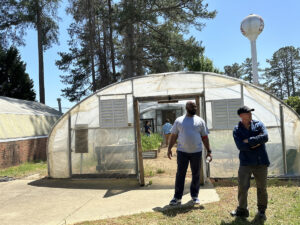
Southern Nash next in line for stormwater projects
April 18th 2024
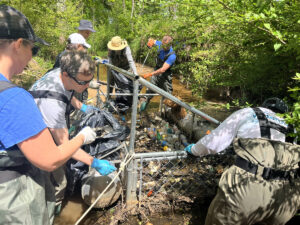
Xylem, Sound Rivers team up for cleanup
April 18th 2024

Sound Rivers launches new podcast
April 18th 2024
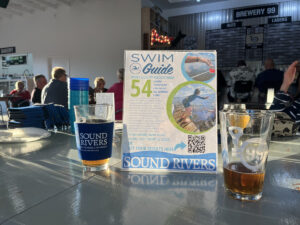
Swim Guide gearing up for a seventh season
April 11th 2024
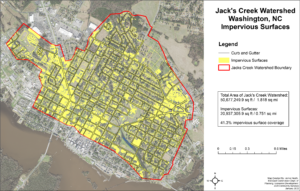
Feedback needed for Jack’s Creek plans, projects
April 11th 2024
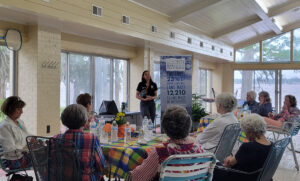
Pamlico-Tar Riverkeeper talks water quality
April 11th 2024
